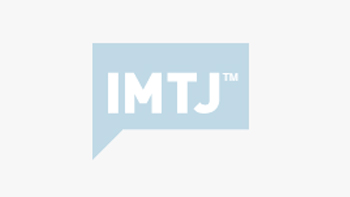The Korea Tourism Organization (KTO) has offered 40 travel agents and guides a lecture on Islamic culture and introduced a Halal food lunchbox and tour programs tailor-made for Muslims in a bid to attract more Muslim tourists. The biggest obstacle to attracting Muslim tourists is strict rules on food and prayer, and the KTO has found ways of dealing with both. Muslim interest in medical tourism in Korea is growing. Many from Southeast Asia are incentive traveler groups, and they prefer seasonal attractions, such as skiing in winter and flower festivals in spring, she said.
Recognising that language difficulties is a real problem, the government has started a program to train medical interpreters to help hospitals avoid language barriers when providing services to foreign patients. The Korea Human Resource Development Institute (KHRDI), part of the Ministry for Health selected 65 trainees for its 200-hour program to develop medical interpreters in English, Chinese, Japanese, Russian and Arabic. Sessions for those selected will take place from July until December.
According to the institute, all the interpreters are fluent in both Korean and their own respective languages. Some have graduated from graduate schools of interpretation, others have worked in the medical field before and some are already working as interpreters at hospitals. The curriculum consists of understanding communications in the medical field, methods of consulting specific patients; domestic and international medical laws; health insurance coverage and understanding of major diseases and their treatments among others.
The trainees will go on field trips to major hospitals that attract medical tourism: Yonsei Severance Hospital; Seoul National University Hospital Healthcare System Gangnam Center and Cheongshim International Medical Center.
Oh Hyun-bok of KHRDI explains,” We are seeing a growing demand for professional interpreters to help understand exactly how patients are feeling and what could be their best treatment. Some hospitals say that language barriers exist because the medical coordinators are not language professionals. Some hospitals have been asking us to send trainees, even before they have finished their courses, to work part time. Some asked us for contact information for the people who failed to make it into the 65, so that they could hire them instead.” KHRDI expects the Council for Korea Medicine Overseas Promotion (CKMP), which includes 30 hospitals nationwide, to recruit them. Wang In-ju for the Seoul National University Hospital Health Care System in Gangnam admits that the hospital needs more professional translators. “Russian patients sometimes bring their own interpreter because they like our services but sometimes communication is not satisfactory.”
The Korea Health Industry Development Institute (KHIDI) and CKMP will hold the Korea Global Healthcare Conference, July 16 to 18, 2009,to attract American patients, in New York and San Francisco. Thirteen hospitals and clinics of CKMP and a medical tourism agency will attend.








 ©2024 All rights reserved LaingBuisson
©2024 All rights reserved LaingBuisson 


